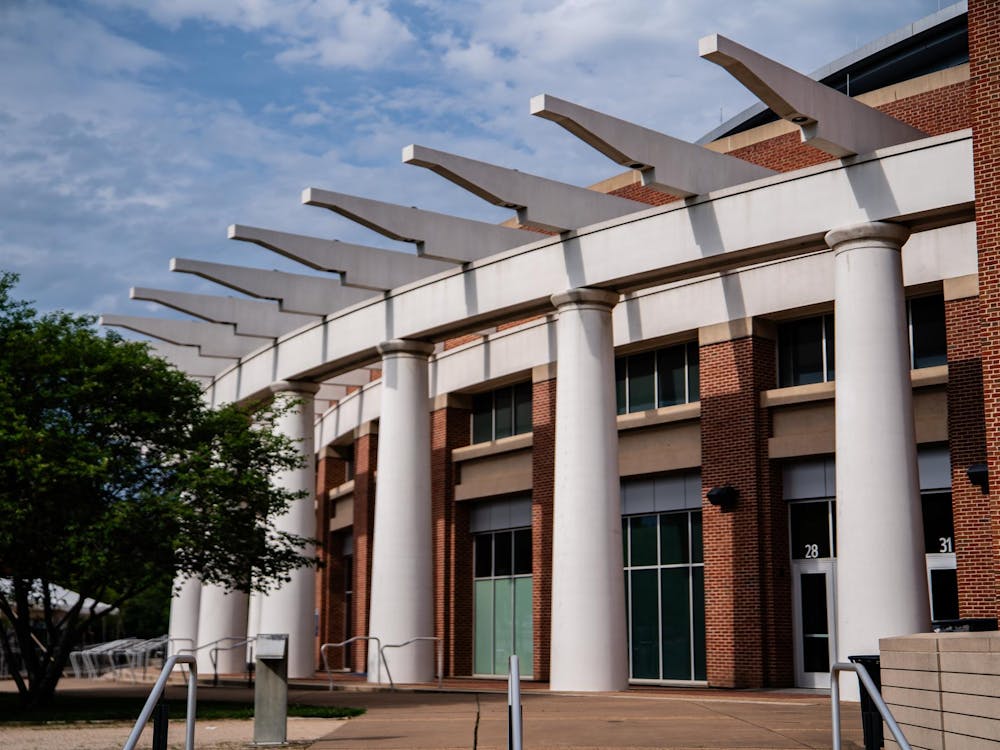In a hearing on Friday, lawyers for suspended University student Richard W. Smith argued that the University Judiciary Committee is essentially inefficient and incompetent.
The UJC voted in 1998 to expel Smith for his involvement in a 1997 attack on then-first-year College student Alexander "Sandy" Kory. When Smith appealed the verdict, several student prosecutors resigned in fear of lawsuits.
Ultimately, University President John T. Casteen III suspended Smith for two years and gave similar punishments to two other students involved in the attack.
Smith filed a $1.25 million lawsuit against the University on July 21, 1999, claiming that UJC violated his constitutional rights.
Federal Judge Norman K. Moon presided over the most recent hearing, which will be used to determine whether both parties are in agreement over the facts of the case, but Moon has not yet rendered an opinion.
Lawyers for both sides presented oral arguments based on previously filed briefs, and the judge was able to ask questions of both parties, said University spokeswoman Louise Dudley.
Attorneys for Smith claimed that the UJC violated his due-process rights, citing insufficient training and lack of supervision of the student-run judiciary system.
"Obviously, I don't agree with that," said UJC Chairwoman Lissa Percopo in response to the allegations of poor training of UJC counsel. "They are thoroughly trained and there is a careful selection process."
Counsel, who act as lawyers in UJC trials, participate in extensive training that includes exercises in opening and closing statements, learning appropriate questioning techniques and hands-on experience with actual investigative reports, said Senior Counselor Tom McKee.
"They really go through the entire trial process" during orientation, McKee said.
This year, UJC orientation included a day of speakers, during which University Rector John P. Ackerly III, Dean of Students Penny Rue, John Foubert, assistant dean of students for residence life and representatives from the University's Office of the General Counsel addressed new members.
In response to allegations that UJC is not well-supervised, McKee said, "We are responsible to the students and accountable to the University, and that is how it should be at a university that prides itself on student self-governance."
UJC can communicate, when necessary, with the Office of the General Counsel to make sure it is always acting in the best interests of the University, he said.
The hearing on Friday was for a motion for summary judgement. A summary judgement is based on statements and evidence presented without a trial and is used when there is no dispute as to the facts of a case.
Such a motion is only granted when the evidence in support of the moving party establishes that there is no issue of material fact to be tried.
Smith's lawyer and University General Counsel officials could not be reached for comment.






